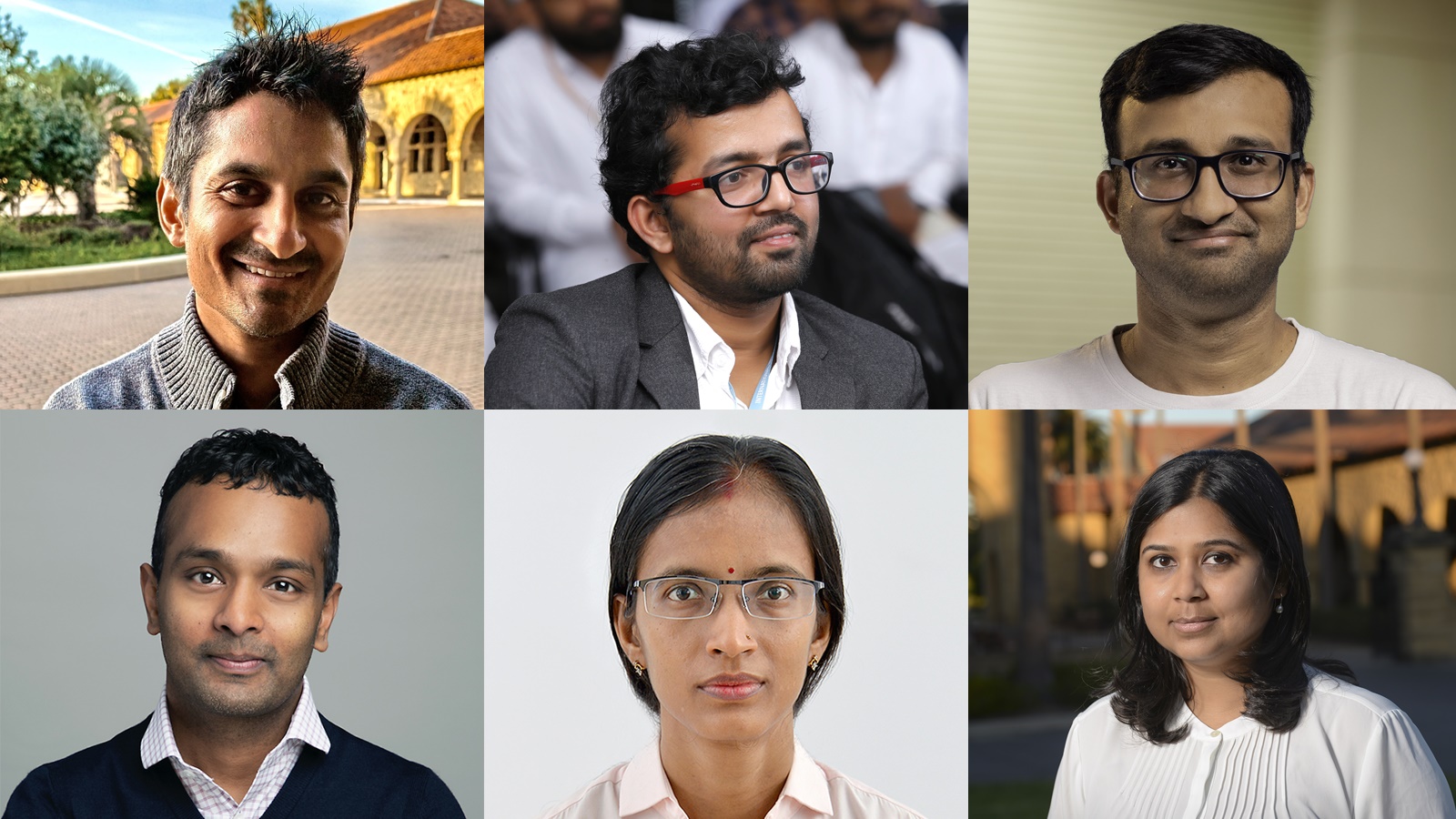The Infosys Science Foundation (ISF) on Thursday announced the winners of the Infosys Prize 2024, recognizing six young researchers under 40 across the fields of Economics, Engineering and Computer Science, Humanities and Social Sciences, Life Sciences, Mathematical Sciences, and Physical Sciences.
The foundation awarded each winner a gold medal, a citation, and a prize purse of USD 100,000 (or equivalent in INR).
The ISF trustees, including Kris Gopalakrishnan (President, Board of Trustees), Narayana Murthy, K Dinesh, Dr Pratima Murthy, Mohandas Pai, and S D Shibulal, announced the laureates, while other trustees — Nandan Nilekani, Srinath Batni, and Salil Parekh — extended their congratulations to this year’s recipients in absentia, the ISF informed.
The ISF made a strategic shift this year to honour researchers under 40, underscoring the importance of early recognition in nurturing scientific and academic talent in India.
Gopalakrishnan, President of the Infosys Science Foundation, said, “The Infosys Prize has played a pivotal role in recognizing brilliant minds whose contributions shape the future of research and science. This year, we refocused to reward early-career researchers under 40, acknowledging their immense potential to lead paradigm-shifting discoveries. I congratulate the winners for their outstanding achievements and commitment to the power of science and scholarship in society.”
The 2024 Infosys Prize Laureates
Economics:
Arun Chandrasekhar, Professor at Stanford University’s Department of Economics, received the Infosys Prize in Economics for his research on social and economic networks. Using advanced theoretical methods from machine learning and computer science, Prof. Chandrasekhar has mapped network data from villages in Karnataka, creating a valuable model for examining development economics. His research illuminates how networks influence the functioning of modern economies, providing essential insights for policymaking and social change.
Engineering and Computer Science:
Shyam Gollakota, Professor at the School of Computer Science and Engineering, University of Washington, was recognized for his interdisciplinary research that spans smartphone-based affordable healthcare tools, battery-free computing, and AI-driven auditory augmentation. Prof. Gollakota’s work has practical applications in developing affordable healthcare for low and middle-income regions, transforming approaches to public health and communication technology.
Humanities and Social Sciences:
Mahmood Kooria, Lecturer at the School of History, Classics, and Archaeology at the University of Edinburgh, received the prize for his pioneering studies on maritime Islam from a global perspective, with a particular focus on Kerala’s early history. Prof. Kooria’s work examines the role of Islamic law in shaping socio-economic and cultural transformations across the Indian Ocean littoral, offering novel insights into the region’s historical interconnectedness and the influence of legal frameworks in shaping global economic systems.
Life Sciences:
Siddhesh Kamat, Associate Professor at the Indian Institute of Science Education and Research, Pune, was awarded for his research on bioactive lipids and their receptors. His work examines the metabolic and signalling pathways of lipids, crucial cellular components that impact numerous human diseases. Using innovative methods, Prof. Kamat’s research contributes to understanding lipid function in cellular processes, opening potential new avenues for treating diseases related to cellular dysfunction.
Mathematical Sciences:
Neena Gupta, Professor in the Theoretical Statistics and Mathematics Unit at the Indian Statistical Institute, Kolkata, won the Infosys Prize in Mathematical Sciences for her solution to the Zariski Cancellation Problem. This problem, first proposed by renowned algebraic geometer Oscar Zariski in 1949, has intrigued researchers in the field for decades. In 2014, Prof. Gupta demonstrated that Asanuma’s 3-dimensional affine variety provides a counterexample to Zariski’s original query in positive characteristic, marking a significant advancement in algebraic geometry.
Physical Sciences:
Vedika Khemani, Associate Professor in the Physics Department at Stanford University, was awarded for her research on non-equilibrium quantum matter, particularly the discovery of time-crystals. Prof. Khemani’s findings could have groundbreaking implications for the development of quantum computing and other cutting-edge technologies. Her work has advanced both theoretical understanding and experimental applications of quantum matter, representing a critical step forward in the field.


